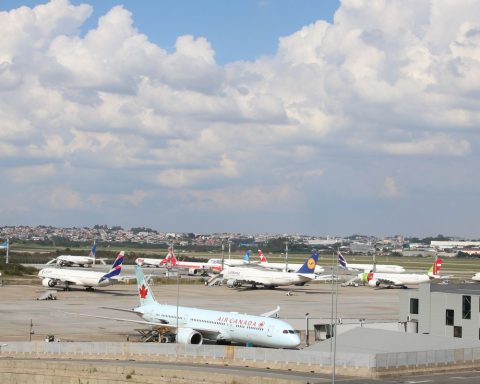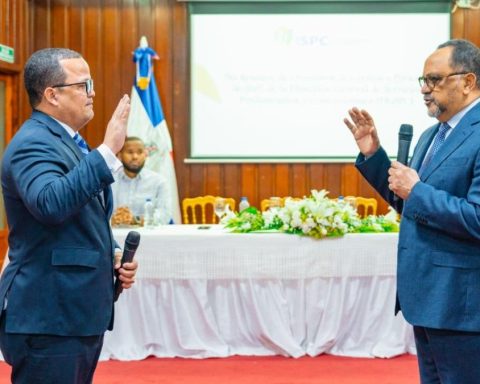In Bolivia there is slave labor, understood as that which does not respect labor rights and, many times, the human rights of people. How can it be understood that bus drivers work from 5:00 am until after 10:00 pm; who earn about 100 bolivianos a day or less, who do not have savings for their retirement or social security? In addition, they bear the pressure of meeting schedules in order to pay for a control card without fines and pay a fixed rent to the owners of the vehicles and the lines. The reality of interdepartmental bus drivers is similar, who drive all night so as not to fall asleep on the road and who, upon reaching their destination, must return; all this for low pay. This is no secret, because these citizens already have unions that represent them and leaders who speak for them, even if they are sanctioned by the bus owners, like foremen who only expect their profit, regardless of the cost.
That is the informality with which power is traded. The Mayor’s Office negotiates with the owners of public transport and makes concessions to them despite the fact that it is an area where a system of slave labor prevails. All the commitments to improve the system remain false promises because nothing changes and the bosses of the sector continue to enrich themselves at the expense of drivers who have no choice but to accept operating conditions in exchange for having a daily income that allows them to drive the bread to your house.

















